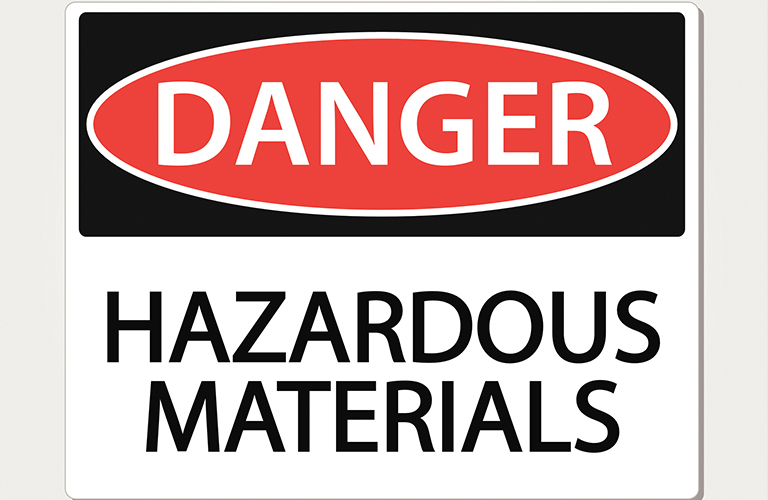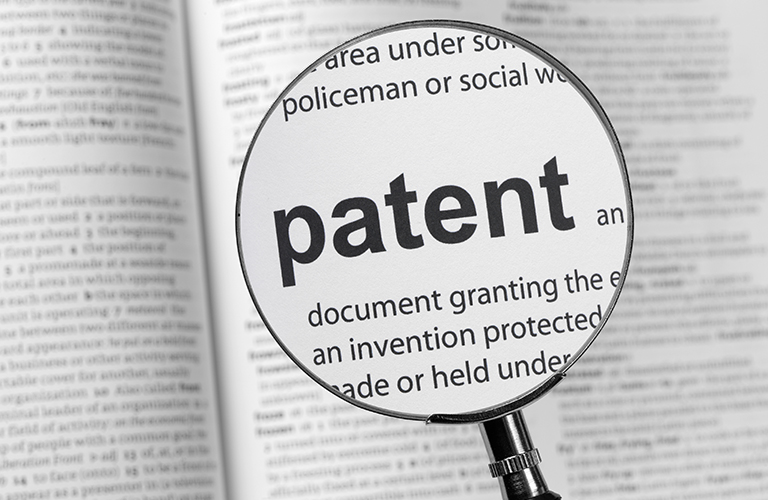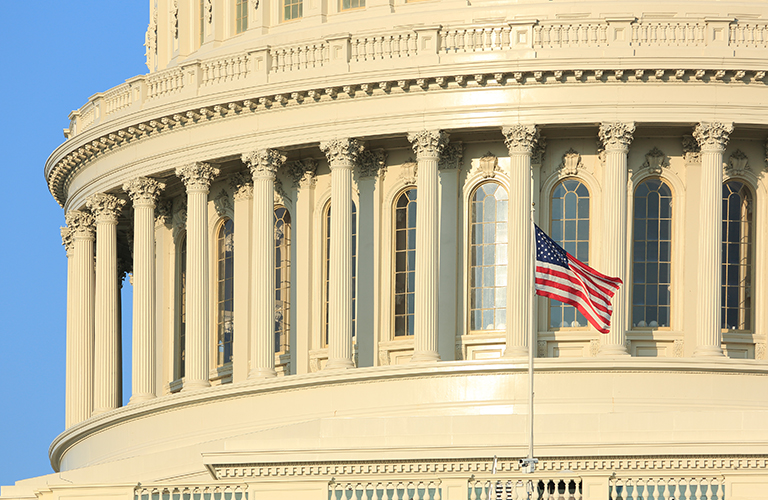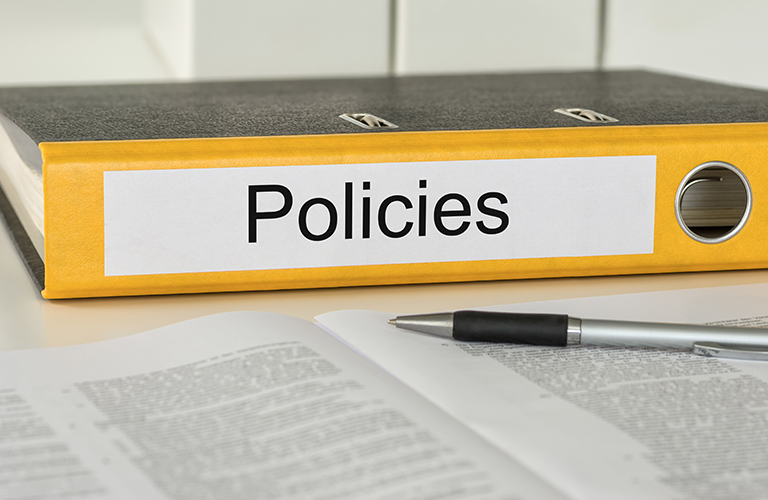
On January 25, 2018, the U.S. EPA reversed its longstanding Clean Air Act “once in, always in” policy, opening the door for certain “major” sources of hazardous air pollution to finally downgrade to “area” sources. “Reclassification of Major Sources as Area Sources Under Section 112 of the Clean Air Act,” William L. Wehrun, Assistance Administrator, U.S. Environmental Protection Agency (Jan. 18, 2018). The Clean Air Act defines a “major source” as one that emits, or has the potential to emit 10 tons per year of any hazardous air pollutant, or 25 tons per year or more of any combination of… Read more

The Communication Workers of America (“CWA”) as well as three named plaintiffs filed suit against named defendants and an unspecified class of “hundreds of major American employers and employment agencies,” for alleged age discrimination in violation of the Age Discrimination in Employment Act (“ADEA”), that protects individuals 40 and older from discrimination on the basis of their age. The basis for CWA’s claim is that the employers allegedly utilized targeted Facebook advertising that expressed a preference for younger workers. For the uninitiated, Facebook inserts various advertisements along with user-generated content into a user’s News Feed. Facebook boasts that its advertising… Read more

On December 21, 2017, the Music Modernization Act of 2017 (H.R. 4706) was introduced in the House of Representatives. The bill seeks to modernize the U.S. music licensing system by (1) creating a not-for-profit mechanical licensing and royalty collective to collect and distribute mechanical royalties from interactive streaming services, such as Spotify, Apple Music, Pandora, Google Play Music, Tidal, and others, (2) requiring Copyright Royalty Judges to establish rates and terms that would have been negotiated in the free market between a willing buyer and willing seller by examining economic, competitive and programming information, such as the rates that recording… Read more

On Monday, the U.S. Supreme Court declined to review a case in which the Court of Appeals for the Federal Circuit upheld a Patent Trial and Appeal Board (“PTAB”) judgment related to a patent interference proceeding (Interference No. 106,025 (the ʼ025 interference)). The Court’s denial of certiorari fortified the SGR team’s previous successes before the Federal Circuit and the Patent Trial and Appeal Board (PTAB) for its client Yang, which resulted in judgment against Chan and cancellation of a number of claims of Chan’s U.S. Patent No. 8,614,197 related to a cancer treatment and a method of using a compound… Read more

On Friday, December 22, the U.S. Court of Appeals for the District of Columbia Circuit ruled on challenges to OSHA’s new silica exposure standard, rejecting all challenges by industry and one of the challenges by labor unions, finding OSHA’s failure to extend the “medical removal protection” standards of the new rule to certain employees was arbitrary and capricious. North America’s Building Trades Unions v. Occupational Safety and Health Administration, case #16-1105, D.C. Cir. 12/22/2017. In 2016, OSHA published a final rule updating the regulation of workplace exposure to silica (the “2016 Rule” or the “Rule”). The 2016 Rule lowered the… Read more

As previously reported, recent decisions by the Patent Trial and Appeal Board (PTAB) provided state entities a green light to use sovereign immunity as a defense in Inter Parties Review (IPR) proceedings. However, it remained unclear as to whether waiver of sovereign immunity would be found when a related district court action was initiated by the patent owner. With the issuance of the PTAB’s long-awaited decision in six IPRs filed by Ericsson challenging patents owned by the Regents of the University of Minnesota (UM) (“Ericsson IPRs”), we now have a more complete understanding of how far the PTAB will allow… Read more

Today, the new tax bill (the “Act”) passed both the House and the Senate and is expected to be signed by President Trump prior to the end of the year. The Act includes a number of provisions affecting employee benefit plans and deferred compensation arrangements, such as: Individuals will no longer be able to unwind a Roth IRA conversion. The period during which certain qualified plan loan offsets may be rolled over tax-free is extended from 60 days until the due date (including extensions) for filing the participant’s federal income tax return. The 10% early withdrawal tax on retirement plan… Read more

On December 15, 2017, the Federal Circuit held that Lanham Act § 2(a)’s provision prohibiting the registration of “immoral or scandalous” matter is an unconstitutional violation of the First Amendment. The Federal Circuit’s decision comes on the heels of the Supreme Court’s decision in In re Tam, which held that another portion of Lanham Act § 2(a), which prohibits the registration of trademarks that may “disparage” persons, institutions, beliefs, or national symbols with the United States Patent and Trademark Office violated the First Amendment. The Federal Circuit followed the Supreme Court’s reasoning from In re Tam in making its decision… Read more

The New Year brings with it changes to several laws that employers need to be aware of to avoid potential liability. California The following laws are effective January 1, 2018: California’s Labor Code was amended to prohibit all employers from relying on “salary history information” as a factor in determining whether to offer employment and what salary to offer an applicant. Further, an employer may not seek, directly or indirectly (i.e., through a staffing agency), information regarding an applicant’s salary history. California’s Fair Employment and Housing Act (“FEHA”) was amended to make it unlawful for employers with five (5) or… Read more

On December 15, 2017, the National Labor Relations Board (NLRB) issued a pair of decisions, Raytheon Network Centric Systems and PCC Structurals, overturning two more standards that have negatively impacted employers in recent years and ending an eventful week for the NLRB. In Raytheon Network Centric Systems, the NLRB overturned its 2016 ruling, E.I. du Pont de Nemours, restoring the NLRB’s precedent dating back to 1964 and allowing businesses to change policies without a union’s permission if they have taken similar actions before. The NLRB held that Raytheon did not violate the National Labor Relations Act when it adjusted employee… Read more











